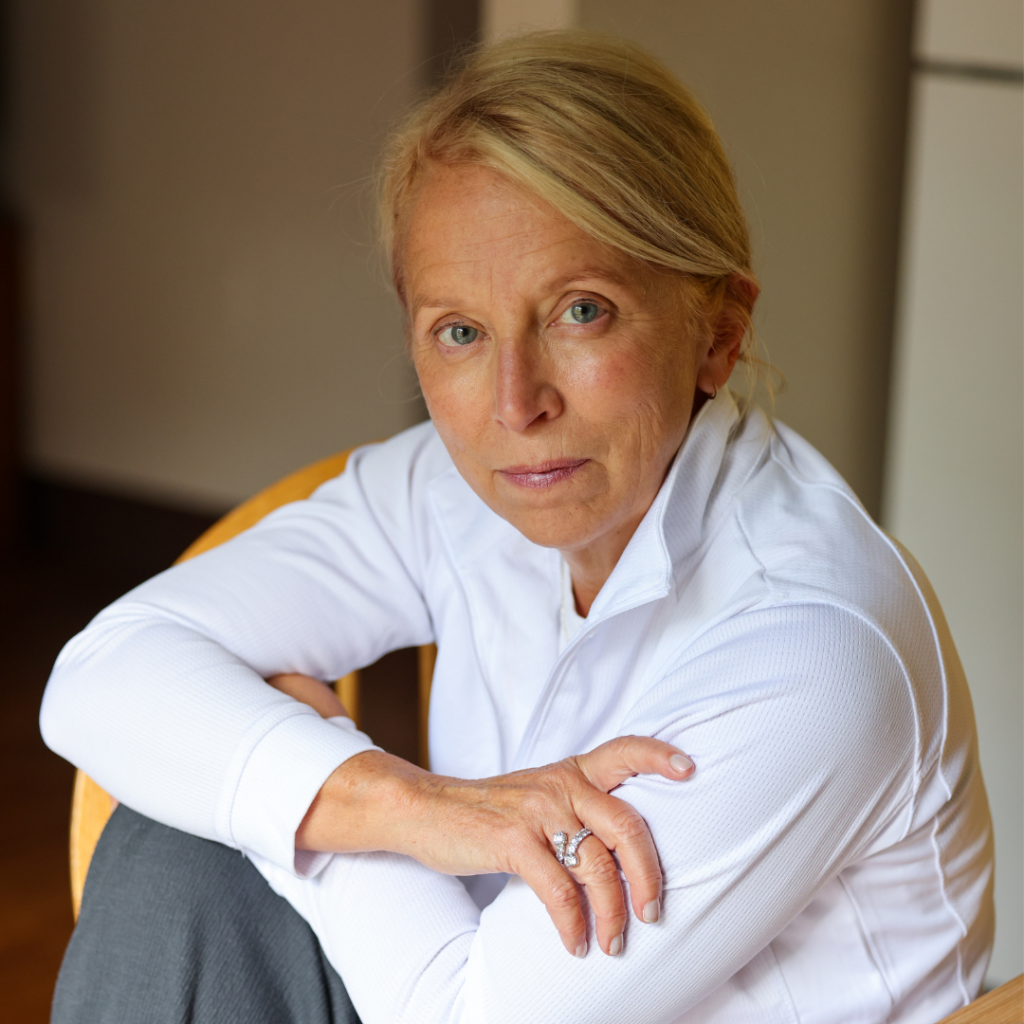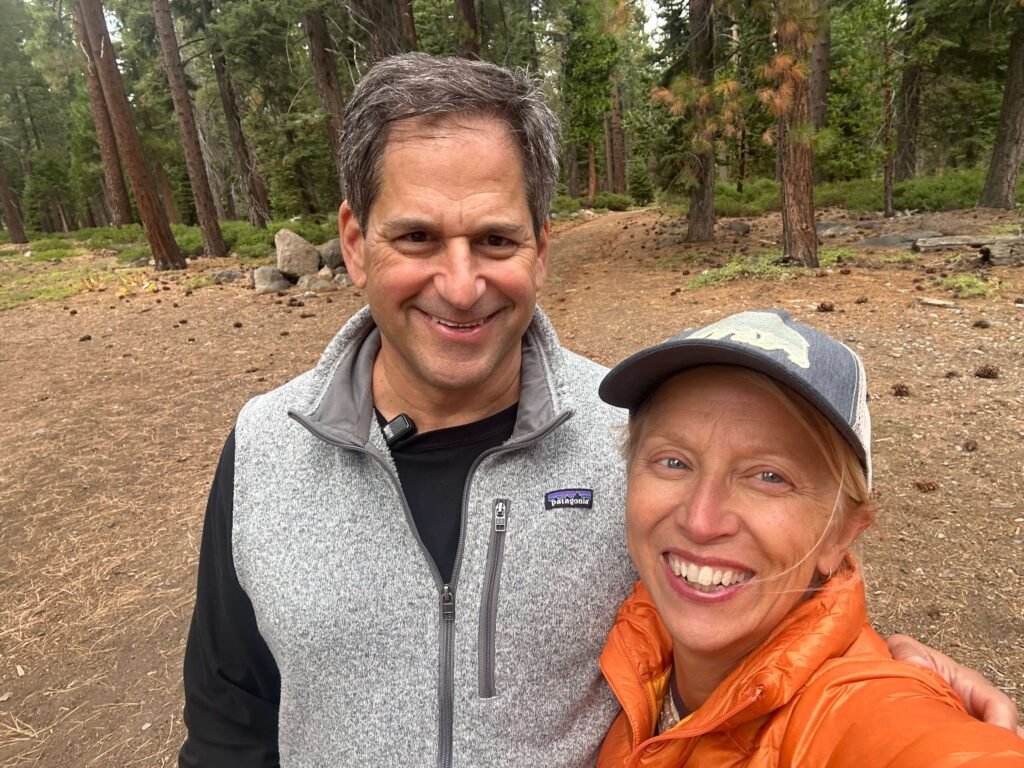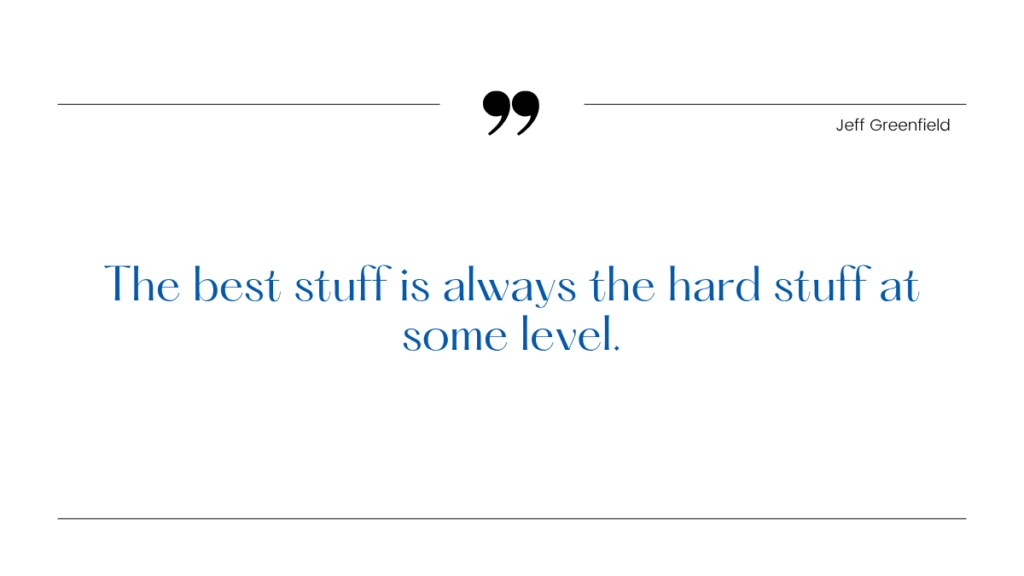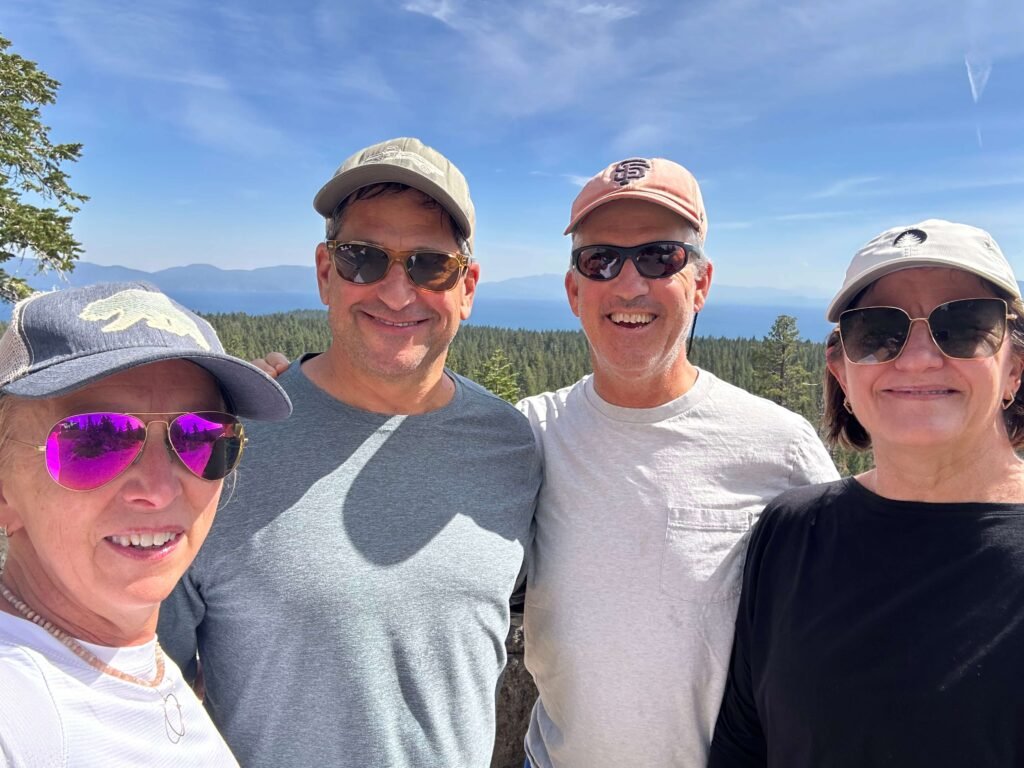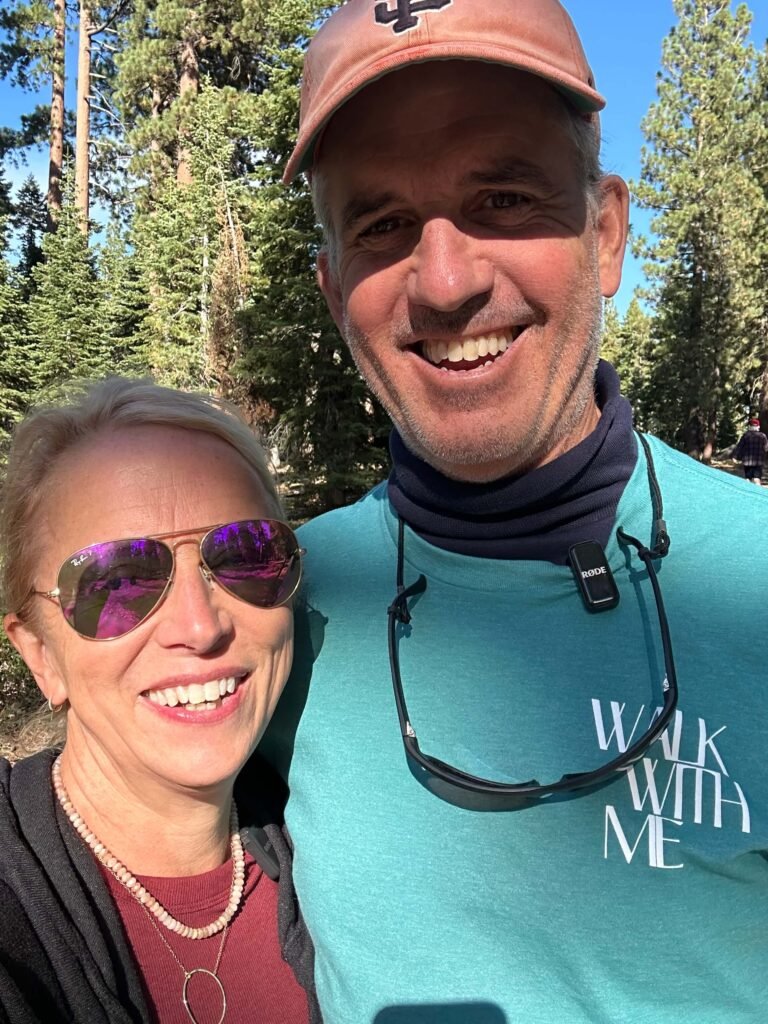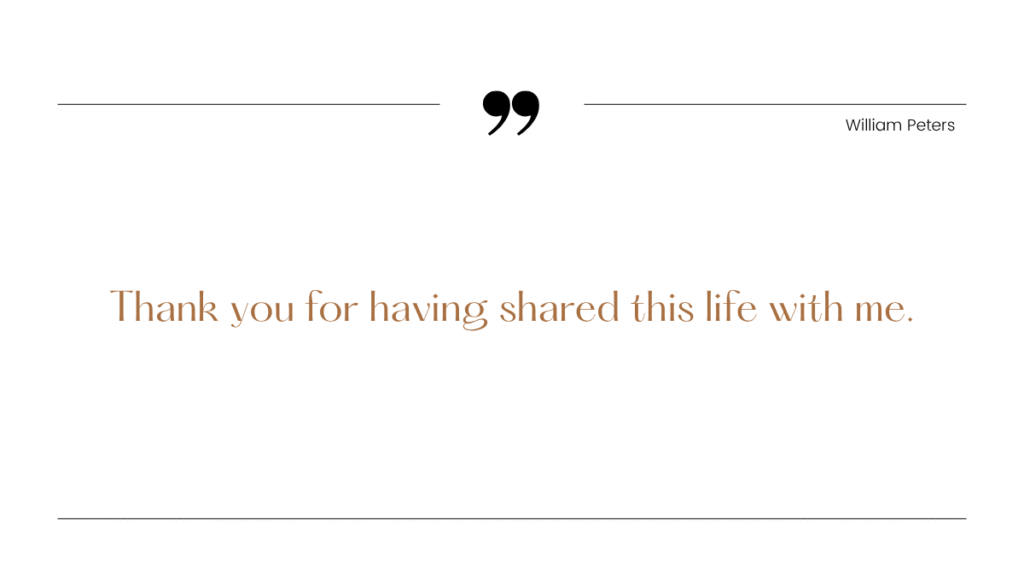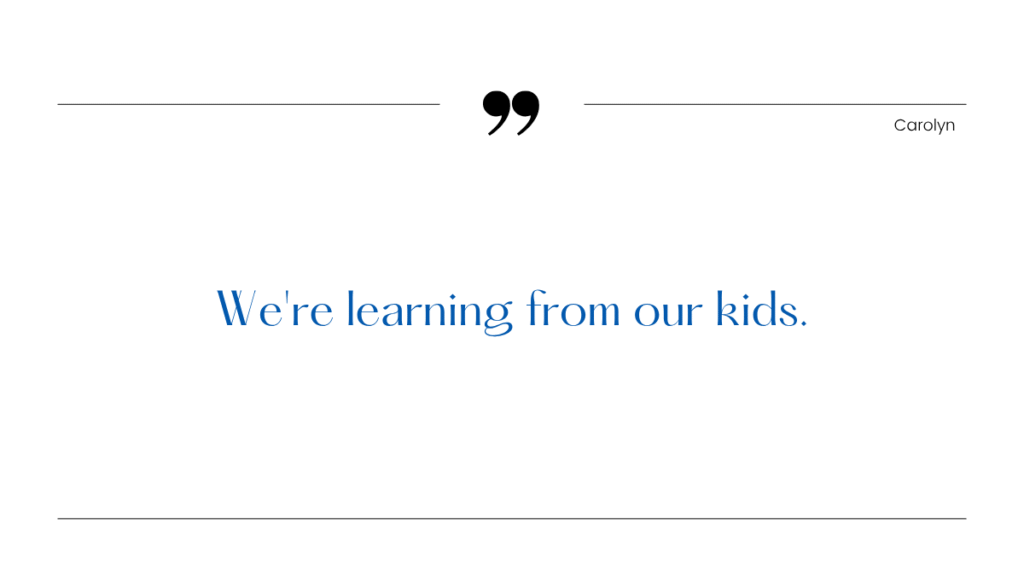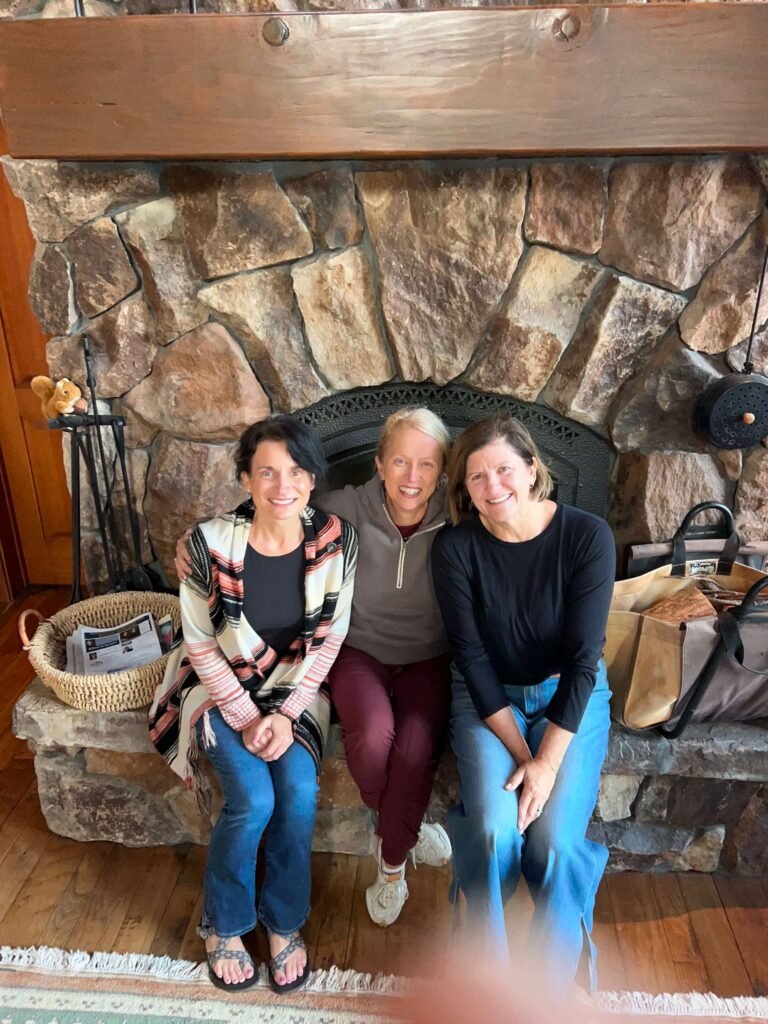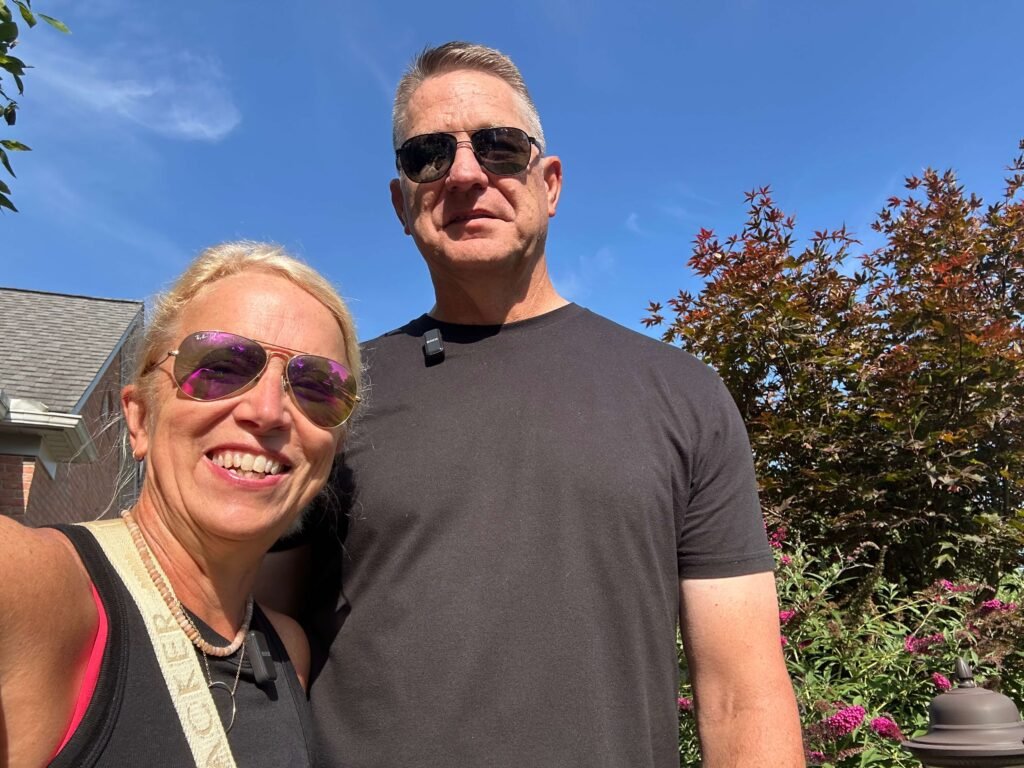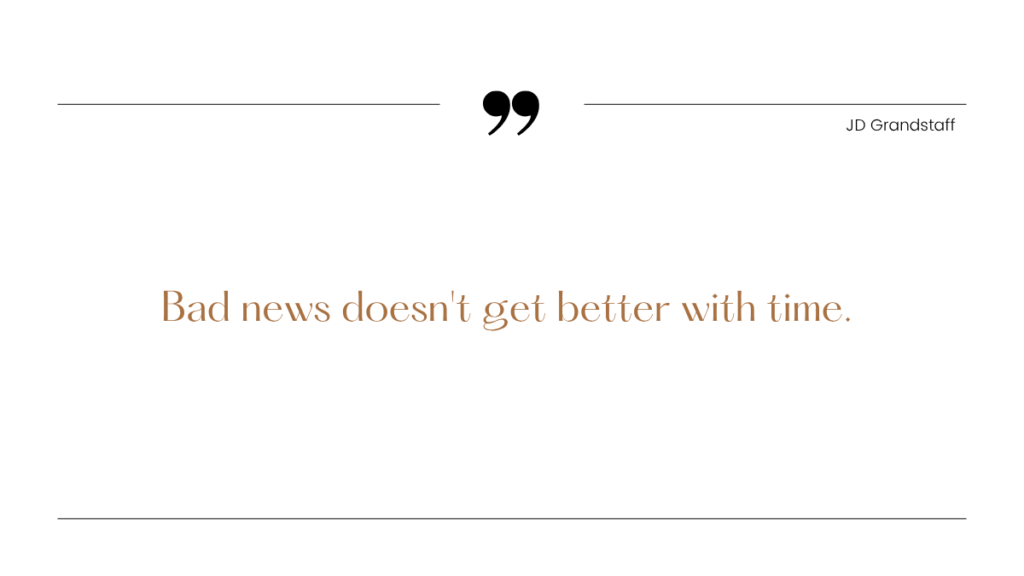Ask me about Barb Buchwach and I will begin a story that spans 40 years. Sharing the responsibilities of dorm mother gave us a lifelong bond. Although she has a large loving family of her own, she welcomed me as a sister. In every life decision I faced, she would toast me a bagel then smother it with onion, tomato and cheese and make it feel like home. Barb has that gift of making every person she meets feel like her day was made for the moment she spends with you. You will walk away with a feeling of being loved unconditionally and most likely a slice of banana bread or a container of soup. I could list all of the challenges we faced, but they’re less important now, fading farther into background noise every day. What remains salient are the smaller moments mostly set in Barb’s kitchen. There I have cried a thousand tears, laughed until my ribs ached, and been embraced by unconditional love.
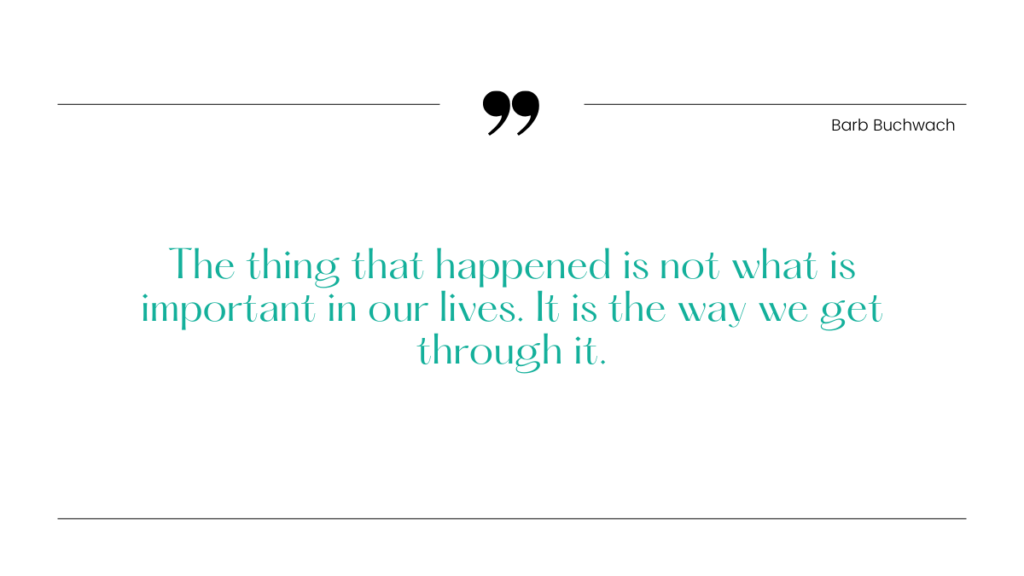
She was one of the first people I wanted to walk with. I almost abandoned this project before it began, but tapping into Barb’s wisdom was worth taking the first steps. She had offered counsel and comfort to so many people, who better to guide me. I listened to our recording many times before taking to the computer to document it. I know I will listen to it again and again. I laugh at her tone and first words every time. Ironically, it began far differently than expected…
Barb: Let’s get this walk over with, dammit.
Liz: Well ok then. First of all, your hair looks fantastic. Does that mean you haven’t done chemo in a while?
Barb: My lung nodules grew a little bit, but they’re still very small. [The doctor] wants my body to have a break because I had a long chemo session. I mean, I did chemo for 15 months straight. Most people get six months. Damn. That’s why my hair is fuller ‘cause I told her I don’t feel great a lot. My muscles are so sore. Blah, blah, blah.
Doc said, “First of all, you have to remember you have pancreatic cancer.”
I go, ‘“Really?”
And then she said, “And you had a lot of chemo, and you had radiation, and you just had surgery on Monday.”
I go, “Oh, so this is normal, to feel like this?”
So I have my hair …until I start the chemo again.
While Barb attributes her strength in battling pancreatic cancer to her community of family and friends, she also blames the stress in her life for its occurrence.
Barb: I did this to myself. I just never seemed to be able to get it all together on my own. I want to be the best at all I do as a mother, as a worker, with my house, … I just couldn’t get it all done, so what I hadn’t done would stay in my mind all the time and cause me stress. Add to that I was in sales for 22 years, and anytime you’re in sales, it’s stressful.
If I could go back 22 years, I would probably tell myself to think of me, and think of it as my job to take care of this body, this life. I always put myself last because I could, and then I just ran out of time. It’s not that I didn’t want to take care of myself. I just ran out of time. And the other things, to me, were more important.
Liz: When you say you ran out of time, you mean you thought you’d get to you, you’d take care of everybody else, and then you’d get to yourself?
Barb: Yeah. And I just didn’t. So I didn’t get that walk in, I didn’t go get a massage once a month, and I didn’t make myself something extra healthy to eat because I’d run out of time in the day. And so if I had to guess, I would say it was all that.
We walk in silence for a little bit. I don’t pretend to know what we are all rushing toward, but I know we have made time our enemy until we realize its finite… until that’s palpable. Our pace is slow. Unlike other walks, we aren’t exercising, we are just putting one foot in front of the other. The fall air and the warm sun seem the perfect background to steal this time together.
Barb: And maybe that’s why I’m doing well, because it’s the first time in my life I’ve had no stress, and I have everything I wanted. I don’t know, everything’s just working out now, and I don’t have stress, and I think that’s really helping me. I just love my kids, my house, my family, my friends.
Liz: Isn’t it amazing? It takes a pancreatic cancer diagnosis to get you to the point that you say, “I have all that I wanted.”
While we both burst into momentary laughter at the irony, she offers some of the most profound advice I have received thus far. She reminds me that I cannot let disappointment define me. When any one of us are “in it,” we feel like it is the end of the world. It’s not. The thing that happened is not what is important in our lives. It is the way we get through it that affects our body, our mind and our heart. Somehow we have to get ourselves into a space of believing that I am where I am supposed to be. There’s always solutions.
Barb: You have to take ego out of it because ego is you thinking about you. You think you’re the cause… you feel like you could have made a difference if you’d have done something right. It’s your ego that says you’re good enough or not. I think you have to let that go and know that there is a higher power, whatever that may be. So let it happen. The key is that no matter what you do, you need to have a passion for it and ego begins to fall away.
We both realize we have had experiences in our lives when we were truly focused without ego. The majority of those moments are when our children suffered. Life can bring you to your knees when you’re a mother. Without knowing from where you draw your strength, you stand and place one foot in front of the other. Barb jokes that sometimes strength comes from Xanax, but we know it comes from our community of love.
Barb: I didn’t always handle the big things well. I let them affect my stomach. I remember plain as day Danny, (her oldest), was twelve. So that means Leah was only six. And Danny was so sick that he ended up in the hospital. And my fears were he had some really bad disease or something wrong. And immediately I was sick too. It was total fear. I couldn’t take care of my two kids that were at home. And you came and you took care of them.
Liz: I guess I’ve never said this to you, but what I saw was a woman who stepped up completely for her child, so much so that you needed a break and were brave enough to let someone else step in… instead of trying to do it all. I always think of that time as an example of your strength.
Isn’t that part of community? It’s not just giving. It’s also receiving.
Barb: And most people, if they love you, they want to do something for you and they aren’t really sure what to do. So I’ve gotten better with that. I’ll ask people. I called Jeanne today and asked her if she was going to Kroger, and she was. Heck, Matt and Big Dan volunteered to take Mac to the vet.
I’ve always cherished my friendships and my family. And over the years, when I’m good, I would do anything for someone else. Which is a lot easier than letting someone do it for you, but now I’m getting good with it. I say, sure, yeah, I’ll take that, or, sure, you can do that for me. But I still have it in me that I think, what can I do back for them?
We randomly walk through a variety of topics as we near the end of the sidewalk… FMLA, IVF, QVC… and she tucks in a sampling of other insights that could each be the topic for a later walk:
- Show up. You don’t have to bring anything. Just you. And if you can’t get there, write.
- When you have the energy, take advantage of it.
- The more you go through in your life, the stronger you are …and then you realize, this is life.
- There is no fairy tale and sometimes there’s no rhyme or reason.
- We have to be willing to tell our stories. Others may judge, but that cannot be our worry.
Unlike others I will walk with, I handed Barb the magic wand – even if there are no fairy tales – and asked her to chart the course for my life ahead. She told me to make other Liz Hofreuters. The irony in that takes my breath away – I have too often worried that my girls would end up like me. She reminded me… as only a lifelong friend can do, especially one that is facing pancreatic cancer head on …that I was strong… the collateral beauty of the challenges I have faced. I needed to take advantage of that. She urged me to choose a path full of work that I not only love, but one that leaves me time to travel and visit with Grace…to go to Ella’s things and be involved in her life as much as a 16 year old will allow. To sit with her, my friend Barb. She nudged me and whispered almost inaudibly, “You need that time because that’s who you are and you don’t want to regret that.”
Naturally, she sends me off with a container of soup.

